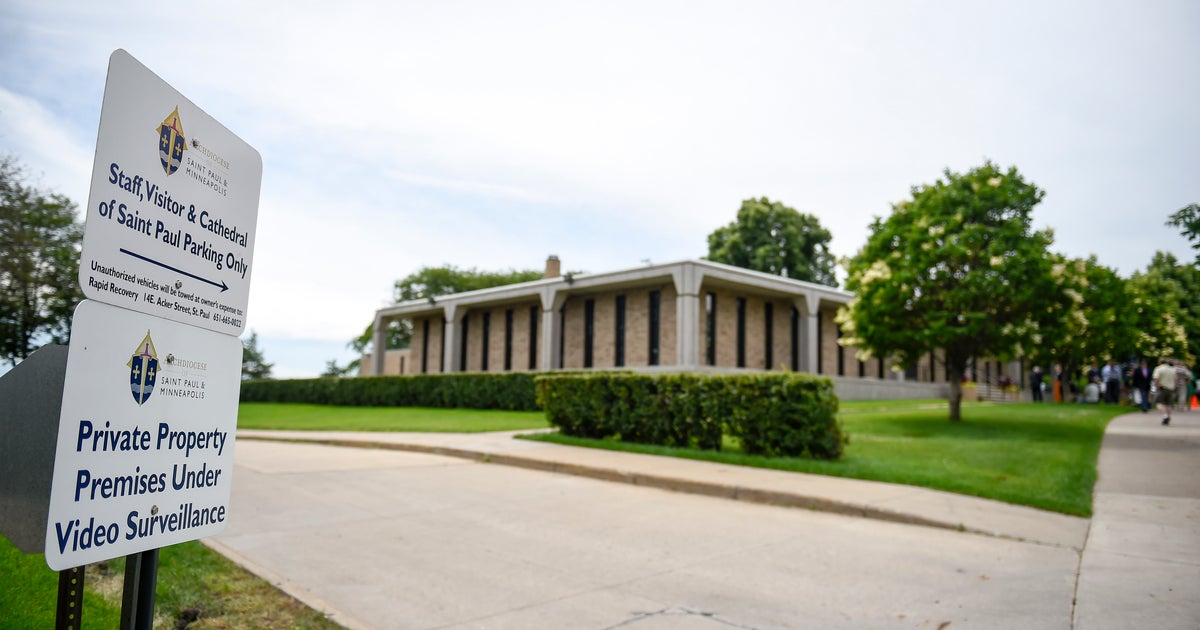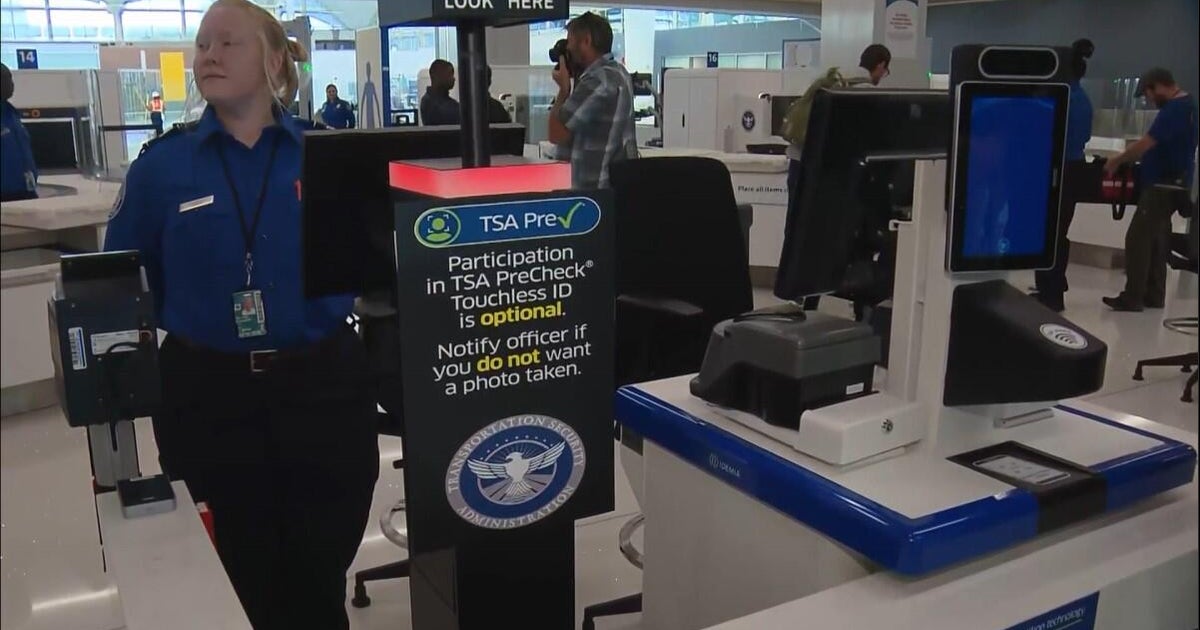US Supreme Court Blocks President Biden's OSHA Vaccine-Or-Test Requirement
WASHINGTON (CBSDFW.COM) - The U.S. Supreme Court ruled today that the Biden administration's OSHA requirements requiring large businesses to institute mandatory masking or testing are unconstitutional, but allowed a nationwide vaccine mandate for workers at federally funded healthcare centers to take effect.
The majority opinion in National Federation of Independent Business v. Department of Labor, written by Justice Brett Kavanaugh and joined by Justices John Roberts and Amy Coney Barrett, states that mandate is unconstitutional because it exceeds the authority given to OSHA. The majority said that the mandate was no "everyday exercise of federal power" and instead that it is "a significant encroachment into the lives—and health—of a vast number of employees."
The majority wrote that the Occupational Safety and Health Act of 1970 "empowers the Secretary to set workplace safety standards, not broad public health measures." They argue that the mask-or-test mandate oversteps the government's authority and therefore is unconstitutional.
Justice Neil Gorsuch wrote a concurring opinion, joined by Justices Samuel Alito and Clarence Thomas, that states that the power to respond to the pandemic belongs "with States and Congress, not OSHA."
In the dissenting opinion, Justices Sonia Sotomayor, Stephen Breyer, and Elena Kagan disagreed that OSHA had overstepped its boundaries. They argued that the requirement "falls within the core of the agency's mission: to 'protect employees' from 'grave danger' that comes from 'new hazards' or exposure to harmful agents."
They also disagreed that OSHA was not sufficiently democratic or accountable to the public, stating that "OSHA is responsible to the President, and the President is responsible to—and can be held to account by—the American public." The Supreme Court, on the other hand, is "elected by, and accountable to, no one" and lacks "'the background, competence, and expertise to assess' workplace health and safety issues."
In Biden v Missouri, the majority opinion written by Justices Kavanaugh, Roberts, Breyer, Kagan, and Sotomayor concludes that the extraordinary circumstances of the pandemic do not allow for expansions of federal power, but that they also "provide no grounds for limiting the exercise of authorities the agency has long been recognized to have," including the Congressionally delegated ability to set policy at federally funded healthcare centers.
The dissenting opinions, written by Thomas and Alito, joined by Barrett and Gorsuch, disagree, arguing that the government does not have the authority to take the "unprecedented step of compelling over 10 million healthcare workers to be vaccinated on pain of being fired" and that even if it did, the way the order was implemented was unconstitutional because it should have gone through Congress.







